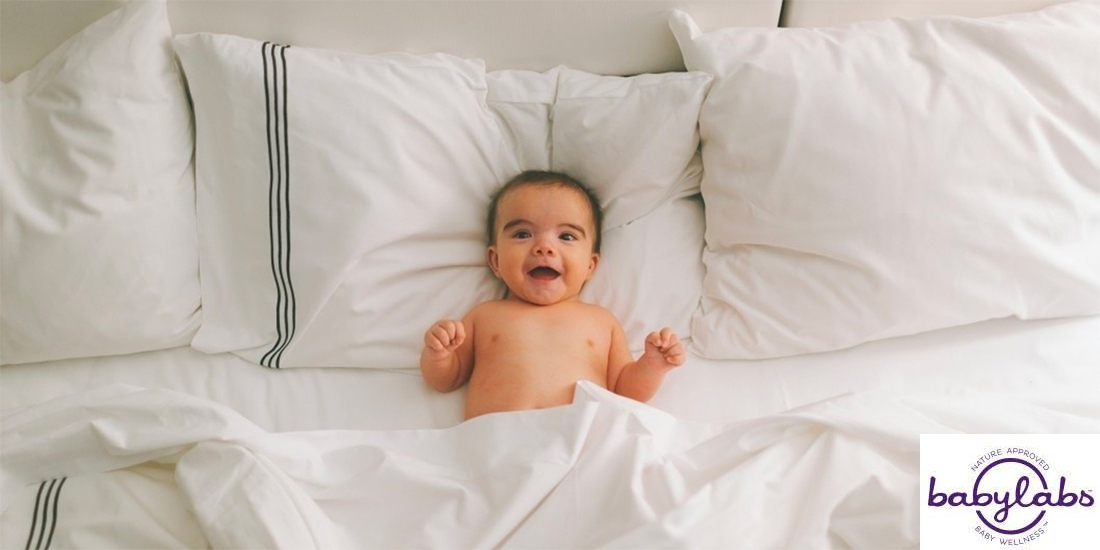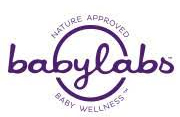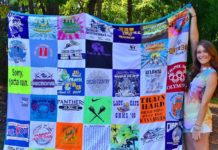
As parents we never rest easy when our baby’s are sick. During the first year, its likely your baby will experience some (if not all!) of these six conditions during that first year.
But don’t worry. We are here to help. Fortunately, you can relieve your baby’s discomfort and treat some of the symptoms. Who knows, you may even get some extra sleep!
Constipation
Constipation is very common, affecting about 30 percent of children at some stage. When it comes to a baby’s bowel movements, there’s no “normal” number or schedule – only what’s normal for your baby. Your baby may pass a stool after every feeding, or she may wait a day or more between bowel movements.
Her individual pattern depends on what she eats and drinks, how active she is, and how quickly she digests her food and then gets rid of waste. With practice, you’ll be able to tune in to your baby’s unique patterns.
If you’re concerned that your baby may be constipated, there are a couple of clues to look for. One clue is less frequent bowel movements than her norm, especially if she hasn’t had one in three or more days and is obviously uncomfortable when she does have one. And if she has hard, dry stools that are difficult for her to pass – no matter how frequently – she may be constipated.
If you notice very liquid stools in your child’s diaper, don’t assume it’s diarrhea – it may actually be evidence of constipation. Liquid stools can slip past the blockage in the lower intestine and wind up in your child’s diaper.
Coughs and colds
It’s almost certain that your baby will catch a cold during his first year. There are literally hundreds of viruses that cause colds, and your baby can’t fight them off as easily as you can because his immune system is still developing. What’s more, babies explore everything with their hands and mouths, giving cold-causing viruses ample opportunity to make their way into your baby’s system. Colds are especially common in fall and winter, when babies spend more time indoors – an environment in which viruses can spread more easily from person to person.
The average grown-up gets two to four colds a year; the average child gets six to ten – and up to a dozen when that child is in daycare!
Figuring out whether your baby is battling the common cold, an allergy, or a more serious illness can be tricky. The hallmarks of a cold include a runny nose (with clear or yellowish to greenish mucus), sneezing, and possibly a cough or low fever. More clues:
- Behavior. A child with just a cold is apt to continue playing and eating fairly normally. If it’s a more serious illness, he’ll likely be less energetic and more cranky.
- Gradual onset. A cold creeps up, worsens, and blows over in about 10 days. Illnesses such as flu often have a rapid onset. Allergies tend to go on and on, and they don’t cause a fever.
Remedies to consider:
Babylabs has created a full line of natural remedies to soothe and relieve your baby’s cough and cold symptoms:
BabyLabs Chest Rub
- Soothing for congestion
- Calms and relaxes baby
- Certified Organic
- Dairy Free, Nut Free, Wheat Free
BabyLabs Healing Balm
- Naturally moisturizes your baby’s sensitive skin
- Certified Organic
- Dairy Free, Nut Free, Wheat Free, Vegan
Diaper rash
Diaper rash is a fact of infant life. Nearly all babies in diapers get diaper rash at some stage. Interestingly, in countries where diapers aren’t used, diaper rash is almost unknown. However, here in the developed and bottom-covered world, about 1 in 4 babies develop diaper rash in the first four weeks alone.
A diaper rash isn’t a sign that you’re a negligent parent, though it can certainly feel that way when you see your baby’s smooth, soft skin all rough, red, and sore. Although a baby left in a dirty diaper for too long is more likely to develop diaper rash, any baby with sensitive skin can get a rash, even if her parents are diligent diaper changers.
Even the most absorbent diapers on the market don’t pull all of your baby’s urine away from the baby’s delicate skin. Urine mixed with the bacteria in stool breaks down and forms ammonia, which can be very harsh.
The introduction of new solid foods, which can change the composition of the stool or stool frequency, can also cause diaper rash.
BabyLabs Diaper Balm
- Keeps baby’s bottom moisturized
- Certified Organic
- Dairy Free, Nut Free, Wheat Free
Diarrhea
One thing about diarrhea: You’ll know it when you see it. Unlike the random loose stool, diarrhea tends to be more frequent, looser, and more watery (to very watery). It sometimes has a foul smell, too. (The normal breastfed baby produces stool that’s soft but with recognizable poop-like form; it also smells sweetish, like buttermilk, or has no real odor.) A bout of diarrhea can last for several days and is often accompanied by crampy pains.
Acute diarrhea is common in children; up to 1 in 6 children visit their doctor each year because of an episode. Most cases in babies are the result of a bacterial or viral infection.
Diarrhea caused by a viral infection can be accompanied by vomiting, abdominal pain, fever, chills, and achiness. A bacteria infection may be accompanied by cramps, blood in the stool, a fever, and perhaps vomiting. Sometimes food allergies or a reaction to an antibiotic medication causes diarrhea. Excessive juice is a common cause as well. The American Academy of Pediatrics recommends no fruit juice before 1 year, and limited amounts after that.
Ear infections
Children get more ear infections (acute otitis media, or AOM) than any other diagnosed illness except the common cold. Eighty to 90 percent of all children get one before age 3, and some unlucky children get them again and again. Why?
First, your baby is physically predisposed to ear infections. The small space behind each eardrum is connected to the back of the throat by a tiny channel called the Eustachian tube. Anything that interferes with the function of the Eustachian tube or blocks normal drainage from the middle ear, as commonly happens with colds or even allergies, can increase the risk of infection.
Babies tend to get ear infections more than toddlers and preschoolers because the Eustachian tubes are quite flat in a baby. As a baby’s head grows, the tube tilts, and the steeper angle makes it easier to ventilate the middle ear.
Ear infections are also more likely when your child is exposed to smoking, if he attends daycare, or you bottle-feed him while he’s lying down. The prolonged use of a pacifier also seems to increase the risk of AOM. And sometimes an ear infection occurs out of the blue, for no apparent reason.
The common symptoms of an ear infection include:
- A sudden change in behavior (crying and irritability)
- Older babies may pull or rub their ears
- Fever
- Feeling sick or vomiting, generally feeling ill, and sometimes diarrhea
Vomiting
Almost all babies throw up at some time or another. Vomiting is usually more forceful and of greater quantity than if your baby is just spitting up some of her latest meal. If your baby seems distressed when this is happening, she’s probably vomiting. Spitting up doesn’t faze most babies at all.
Unless it’s persistent, vomiting is seldom dangerous, and it has many different possible causes. It can be a sign of illness (such as viral gastroenteritis, a urinary tract infection, an ear infection, or something more serious) or of problems with feeding or just feeding too much. Other possible causes include an allergy, ingesting something poisonous, or even just coughing or crying too much. A very upset baby can literally “make herself sick.”
This post and the products included are brought to you by the great folks at:

BabyLabs®, born in 2013, is Nature Approved Family Wellness™ for your little one’s delicate needs.
ones to keep them safe, happy and healthy.
We want you and baby to rest easy. That’s why each product in the BabyLabs® line is crafted with love and formulated with only the highest standard of ingredients, so you know they are safe enough for even your most sensitive bundle of joy.
We are proudly & always: Certified Organic, Natural, Safe, Non-GMO & Cruelty Free. All our products are formulated and crafted in a USDA Certified Organic Facility using all-natural ingredients.
BabyLabs® provides the very best from Mother Nature to mothers around the world.



















